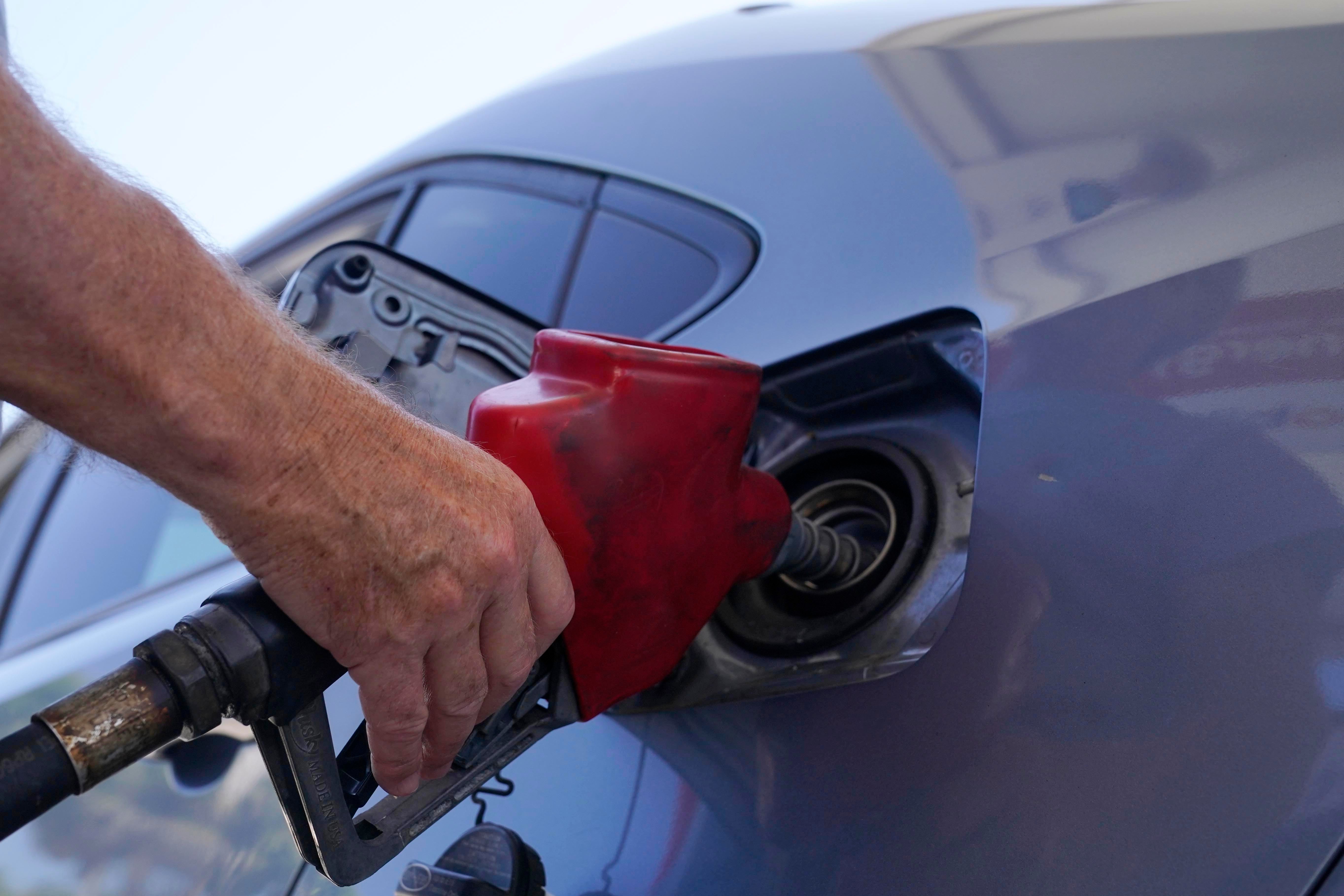Saudi Arabia, Russia plan to extend 1.3 million barrel a day oil cut through the end of the year
Saudi Arabia and Russia have agreed to extend their voluntary oil production cuts through the end of the year

Your support helps us to tell the story
From reproductive rights to climate change to Big Tech, The Independent is on the ground when the story is developing. Whether it's investigating the financials of Elon Musk's pro-Trump PAC or producing our latest documentary, 'The A Word', which shines a light on the American women fighting for reproductive rights, we know how important it is to parse out the facts from the messaging.
At such a critical moment in US history, we need reporters on the ground. Your donation allows us to keep sending journalists to speak to both sides of the story.
The Independent is trusted by Americans across the entire political spectrum. And unlike many other quality news outlets, we choose not to lock Americans out of our reporting and analysis with paywalls. We believe quality journalism should be available to everyone, paid for by those who can afford it.
Your support makes all the difference.Saudi Arabia and Russia agreed Tuesday to extend their voluntary oil production cuts through the end of this year, trimming 1.3 million barrels of crude out of the global market and boosting energy prices.
The dual announcements from Riyadh and Moscow pushed benchmark Brent crude above $90 a barrel in trading Tuesday afternoon, a price unseen in the market since November.
The countries' moves likely will increase the cost for motorists at gasoline pumps and put new pressure on Saudi Arabia's relationship with the United States. President Joe Biden last year warned the kingdom there would be unspecified “consequences” for partnering with Russia on cuts as Moscow wages war on Ukraine.
Saudi Arabia's announcement, carried by the state-run Saudi Press Agency, said the country still would monitor the market and could take further action if necessary.
“This additional voluntary cut comes to reinforce the precautionary efforts made by OPEC+ countries with the aim of supporting the stability and balance of oil markets,” the Saudi Press Agency report said, citing an unnamed Energy Ministry official.
State-run Russian news agency Tass quoted Alexander Novak, Russia's deputy prime minister and former energy minister, as saying Moscow would continue its 300,000 barrel a day cut.
The decision “is aimed at strengthening the precautionary measures taken by OPEC+ countries in order to maintain stability and balance of oil markets,” Novak said.
Benchmark Brent crude traded Tuesday at $90 a barrel immediately after the announcement. Brent had largely hovered between $75 and $85 a barrel since last October.
There was no immediate reaction in Washington, though U.S. lawmakers have criticized OPEC, Saudi Arabia and Russia over their past production decisions.
The average gallon of regular unleaded gasoline in the U.S. stands at $3.81, according to AAA. That's up just a few cents from this time last year, coming after the Labor Day weekend's typically higher prices.
The Saudi reduction, which began in July, comes as the other OPEC+ producers have agreed to extend earlier production cuts through next year.
A series of production cuts over the past year has failed to substantially boost prices amid weakened demand from China and tighter monetary policy aimed at combating inflation. But with international travel back up to nearly pre-pandemic levels, the demand for oil likely will continue to rise.
The Saudis are particularly keen to boost oil prices in order to fund Vision 2030, an ambitious plan to overhaul the kingdom’s economy, reduce its dependence on oil and to create jobs for a young population.
The plan includes several massive infrastructure projects, including the construction of a futuristic $500 billion city called Neom.
But Saudi Arabia also has to manage its relationship with Washington. Biden campaigned on a promise of making the kingdom's powerful Crown Prince Mohammed bin Salman a “pariah” over the 2018 killing of Washington Post columnist Jamal Khashoggi.
In recent months, tensions eased slightly as Biden's administration sought a deal with Riyadh for it to diplomatically recognize Israel.
But those talks include Saudi Arabia pushing for a nuclear cooperation deal that includes America allowing it to enrich uranium in the kingdom — something that worries nonproliferation experts, as spinning centrifuges open the door to a possible weapons program.
Prince Mohammed already has said the kingdom would pursue an atomic bomb if Iran had one, potentially creating a nuclear arms race in the region as Tehran’s program continues to advance closer to weapons-grade levels. Saudi Arabia and Iran reached a détente in recent months, though the region remains tense amid the wider tensions between Iran and the U.S.
Higher oil prices would also help Russian President Vladimir Putin fund his war on Ukraine. Western countries have used a price cap to try to cut into Moscow’s revenues.
Western sanctions mean Moscow is forced to sell its oil at a discount to countries like China and India.